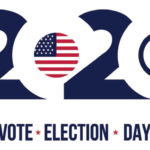
What Is a Certified Public Accountant CPA?
Content
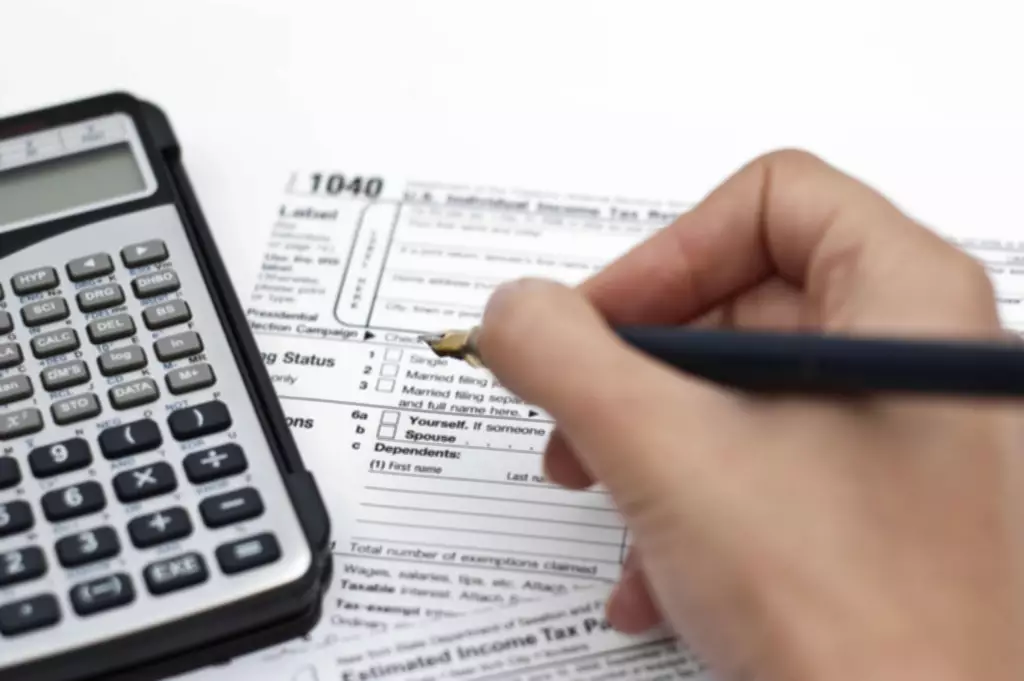
Obviously, this is a wide range that features a lot of determining factors. Location, experience, what is a cpa and the type of accounting work will make a difference in CPA compensation.
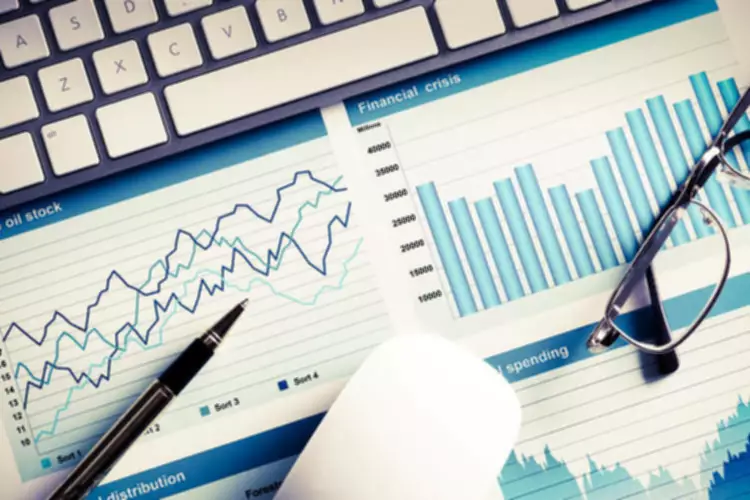
A CPA career path offers many different avenues and destinations, with year-round work opportunities beyond tax season. Although tax returns are not open to the public, they fall under the public accounting umbrella due to the legal requirement of disclosing financial information to the government. Public accounting also includes filing corporations’ records with the Securities and Exchange Commission and potential investors.
What does CPA stand for?
Over 40 of the state boards now require applicants for CPA status to complete a special examination on ethics, which is effectively a fifth exam in terms of requirements to become a CPA. The majority of these accept the AICPA self-study Professional Ethics for CPAs CPE course or another course in general professional ethics. Many states, however, require that the ethics course include a review of that state’s specific rules for professional practice. Continuing professional education is also required to maintain licensure. In most U.S. states, only CPAs are legally able to provide attestation opinions on financial statements. Many CPAs are members of the American Institute of Certified Public Accountants and their state CPA society.
CPAs in public accounting also undergo a peer review every three years. This includes a thorough inspection of their practices by other trained CPAs – a process designed to ensure a higher level of accuracy and integrity in a CPA’s work. Many states require 150 hours of education to become a CPA, and most likely a bachelor’s degree. Some of the most popular sectors for CPAs to work in include government, education, non-profit, business and industry, and public accounting. To keep pace with new developments in business and technology, a majority of states require 150 credit hours of education at an accredited college or university as a prerequisite to CPA certification.
What is the difference between a CPA and an accountant?
A CPA will make sure your team is paid on time and that all payroll taxes, insurance and retirement withholdings are deducted correctly. Your CPA will also keep track of any expense reimbursements or profit-sharing disbursements. Assurance services is just a fancy way of saying that a CPA gathers all of the relevant info that a company’s https://www.bookstime.com/ decision-makers need—and assures that they understand it—so they can make good decisions for the business. In fact, having a CPA audit your business’s finances and economic data is a great way to avoid getting called in front of the Spanish Inquis . CPAs will give you an unbiased report and make sure everything is up to snuff.
We encourage you to perform your own independent research before making any education decisions. Many listings are from partners who compensate us, which may influence which programs we write about. More important than your grades in school or how many hours you spend at a desk is whether this type of work interests you. If you don’t mind desk work, managing others, or thinking creatively about money and taxes, then becoming a CPA might be the right career choice for you.
What does a CPA do?
Performance information may have changed since the time of publication. Only those who have met their state’s educational, ethics and work experience requirements and have passed the Uniform CPA Exam can call themselves a CPA. There are certain jobs within the field of accounting that only a CPA can do, making earning your CPA licensure something to consider if you’re looking to pursue these types of roles. Furthermore, only those with a CPA license can legally verify documents and forms. CPAs can also represent taxpayers on their behalf with the IRS and during tax auditions. Additionally, CPAs can sign tax returns and earn a higher salary than your traditional accountant. As a CPA, you are a part of an elite class of professionals that have a very specific, yet desired skill set.
The 2022 Top 100 People: The biggest issues in accounting – Accounting Today
The 2022 Top 100 People: The biggest issues in accounting.
Posted: Fri, 02 Dec 2022 19:30:32 GMT [source]
Upon passing the CPA Exam, you will receive your CPA certificate. There are other educational and professional work experience requirements for licensure that vary from state to state.
When you need financial advice for your business or personal needs, it’s important to hire the most qualified professional with the right expertise. A CPA license allows for a great degree of professional freedom throughout a career. CPAs have the skills, knowledge, and expertise to provide professional services independently as consultants or to serve clients as a firm founder.
- The principal differences between accountants and CPAs are education, experience, and opportunity.
- Location, experience, and the type of accounting work will make a difference in CPA compensation.
- In today’s digital age, many organizations require the professional services of CPAs to conduct business on an interstate and international basis and have compliance responsibilities in multiple jurisdictions.
- A CPA career path offers many different avenues and destinations, with year-round work opportunities beyond tax season.







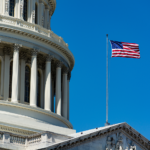

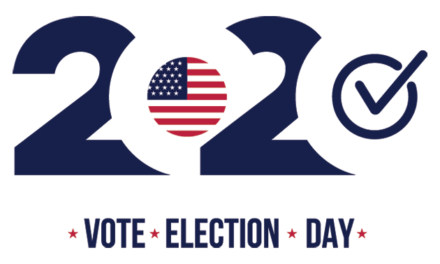




















Recent Comments